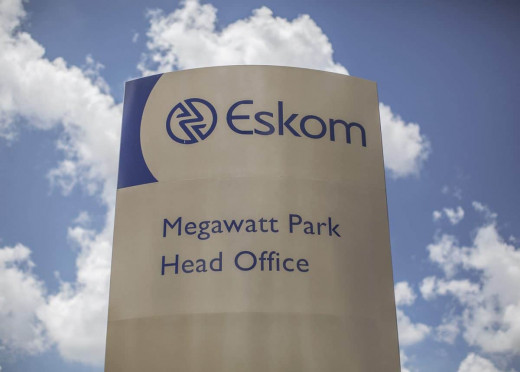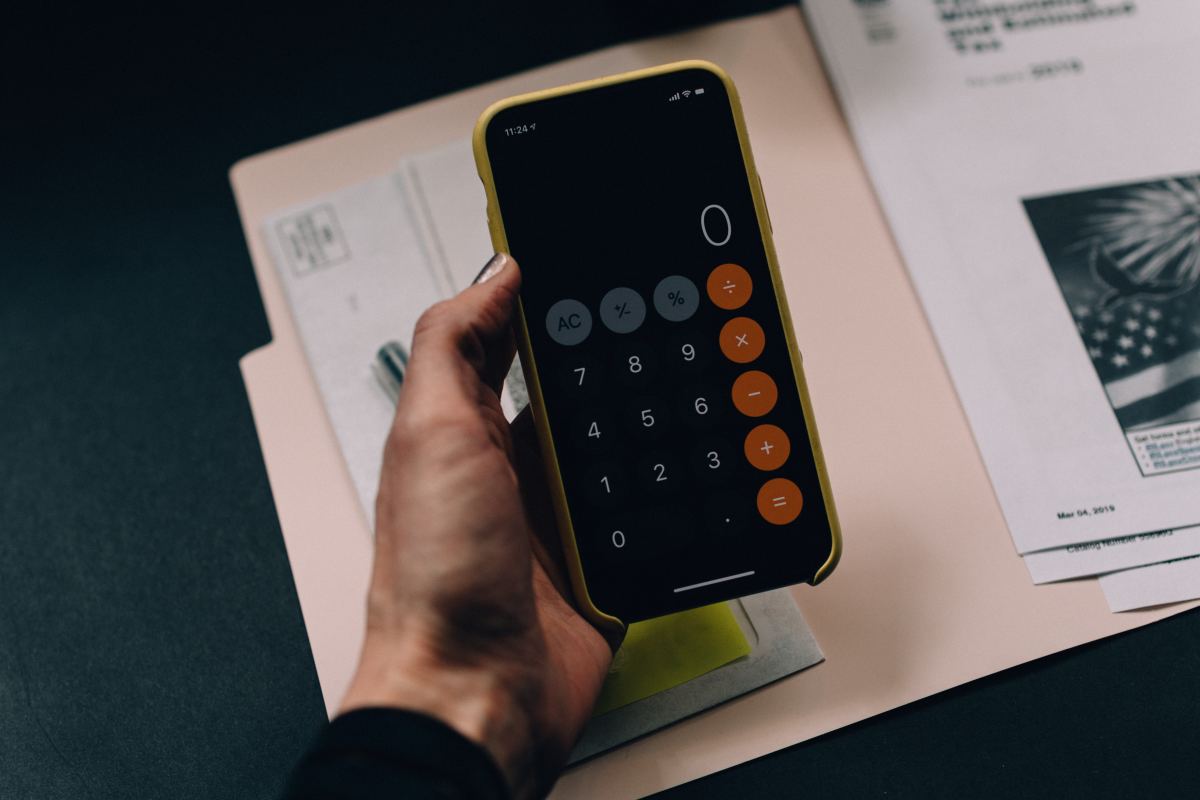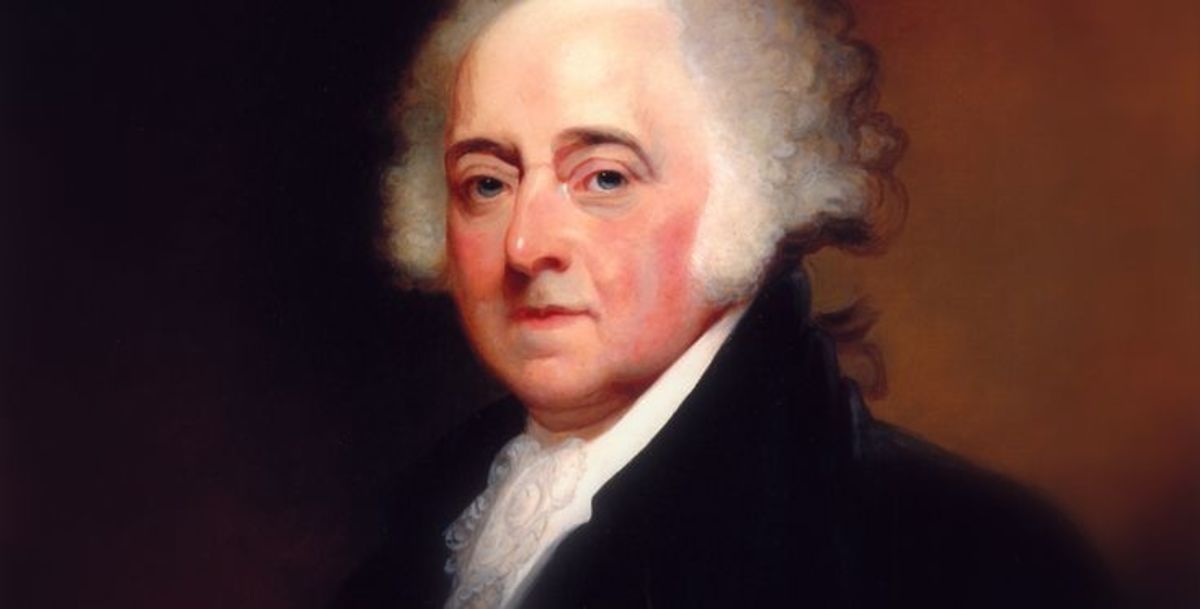Eskom: Coal Shortages and Municipal Debts
Eskom

The electricity industry throughout the world is changing because electricity utilities are being pressured due to globalised markets and governments opening their countries to foreign investors to help fund power sector expansion and development. South Africa is not exempted from these changes and will therefore have to align itself with these international developments. Government’s electricity pricing policy is to achieve a balance between equity, economic growth, and environmental goals. A balance has to be established between affordable electricity prices for households, low-cost electricity for industrial consumers, prices that provide efficient market signals by accurately reflecting the cost of supply and a general price level that ensures the financial sustainability of electricity utilities
Eskom Market Structure
Eskom operate as a monopoly since it is the sole supplier of electricity to residential, mining, and industrial premises in South Africa. A monopoly market structure is a market where there is only one supplier who controls significant resources limiting the chances for the entry of new firms. Furthermore, a monopolistic firm is the price-maker indicating the lack of price competition, therefore increasing the chances for the firm to make supernormal profit. The main characteristics of a monopoly are that there is only one manufacturer or seller of a product, there are no close substitutes for the product, and there are obstacles that impede other participants’ entry to the market. Thus, consumers cannot buy the product from anyone but the monopolist
Government Intervention
Eskom needs money in large part because municipal debt to Eskom is very high. At present government bails out Eskom and it bails out failing municipalities. There is not enough money so instead of government giving bail out loans to both Eskom and to municipalities, government should give bail out loans to the municipalities, but earmarked and secured for payment direct to Eskom. Eskom will have a better balance sheet because the money will be coming in as a payment for electricity delivered, not as a loan. Municipalities get the bulk of their money from government. So, before distributing the monies to municipalities, the government can deduct what that municipality owe Eskom and pay it over on behalf of that municipality. That will force municipalities to cut expenditure on all the useless items mainly salaries and wages on, firstly overpaid municipal managers and secondly on their bloated staff compliment.
Stratergic Debt Collection
Municipalities with low cost housing developments often experience high levels of non-payment amongst beneficiaries of these housing developments. Recipients are often not able to pay for such services. A culture of non-payment linked to the belief that there will be no follow-up procedures. ESKOM and the Municipality should introduce prepaid meters that will make it possible for them to deduct a certain percentage of the debt on every electricity token purchased by the debtor. In Zimbabwe the system was introduced and its proving to be a success because Zimbabwe Electricity Supply Authority (ZESA) is collecting $4 million from debtors every month through the prepaid meter systems. The prepaid meter platform is aimed at collecting 50 percent of what you purchase, which goes to clear the debt. Media cited parent firm, Zesa Holding’s generation unit, stating that the prepaid system has allowed it to collect not just what was due from current sales, but also outstanding amounts from the electricity consumed during the post-paid period. ZETDC said it has collected $123 million from its customers’ longstanding debts while an amount of $247 million was still outstanding, but is being amortized through a fixed 50% deduction on all new sales.
“If we do not conduct the audits, we run the risk of continued failures without dealing with the root cause. In some areas, Eskom technicians have not been allowed to conduct these audits which result in repeated failures of equipment.”
Stop Externalising Electricity
With the threat of rolling blackouts ever present, Eskom should first meet its obligations here at home before it can ever think of overextending itself through power supplies to other countries. It is inconceivable that Eskom is willing to hold South Africans to ransom with the burden of rolling blackouts while it is supplying electricity to foreign governments who were not even paying for it.
Get read of illegal connections
Illegal connections are any connection made to the Eskom network without Eskom’s permission. This includes tampering with a meter or connecting to a mini-substation or overhead pole. Illegal connections overload the system and can cause a disruption in power services. In addition, it can also cause fires and lead to loss of life. If they do not conduct the audits, they run the risk of continued failures without dealing with the root cause. In some areas, Eskom technicians have not been allowed to conduct these audits which result in repeated failures of equipment.







